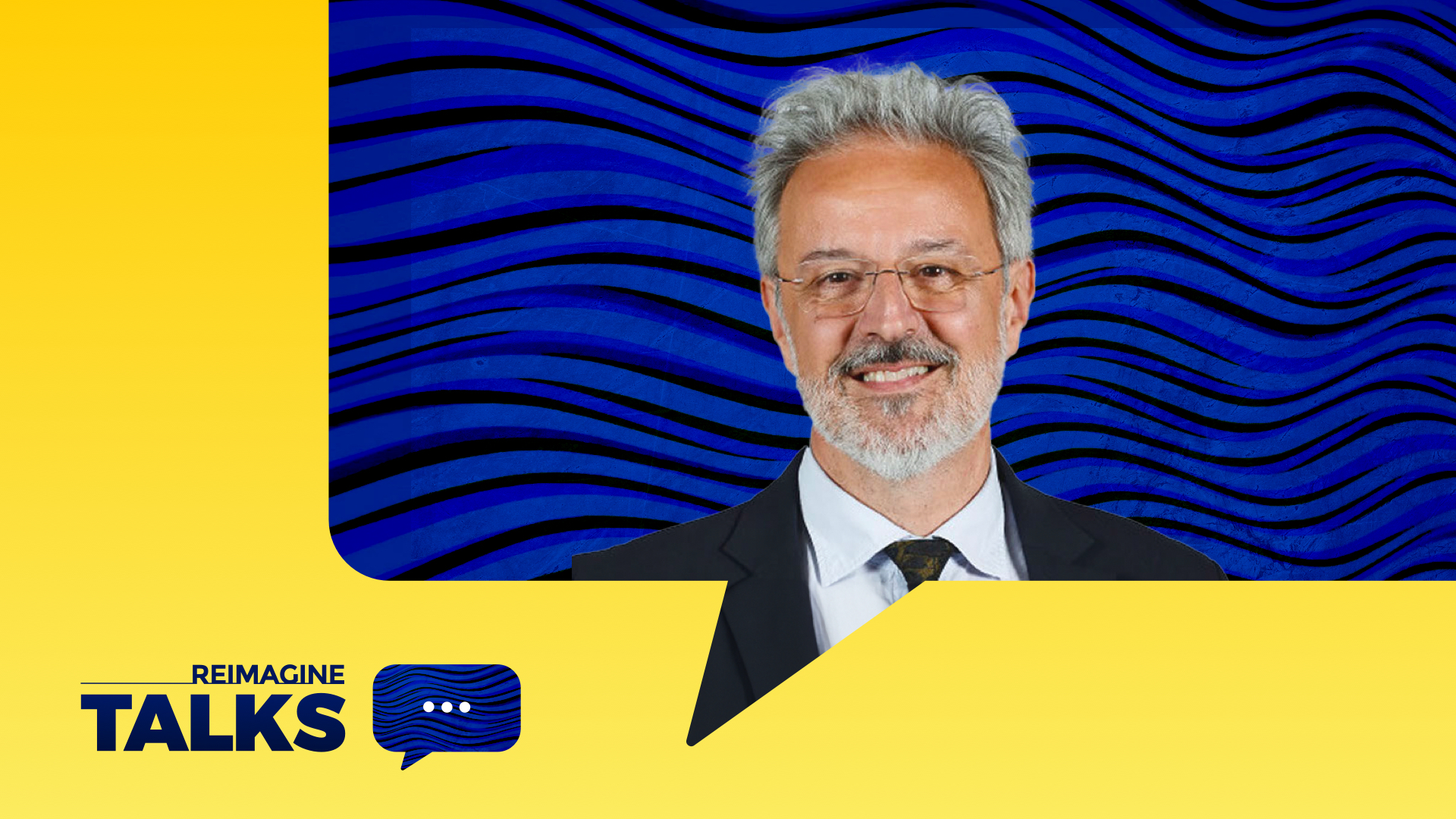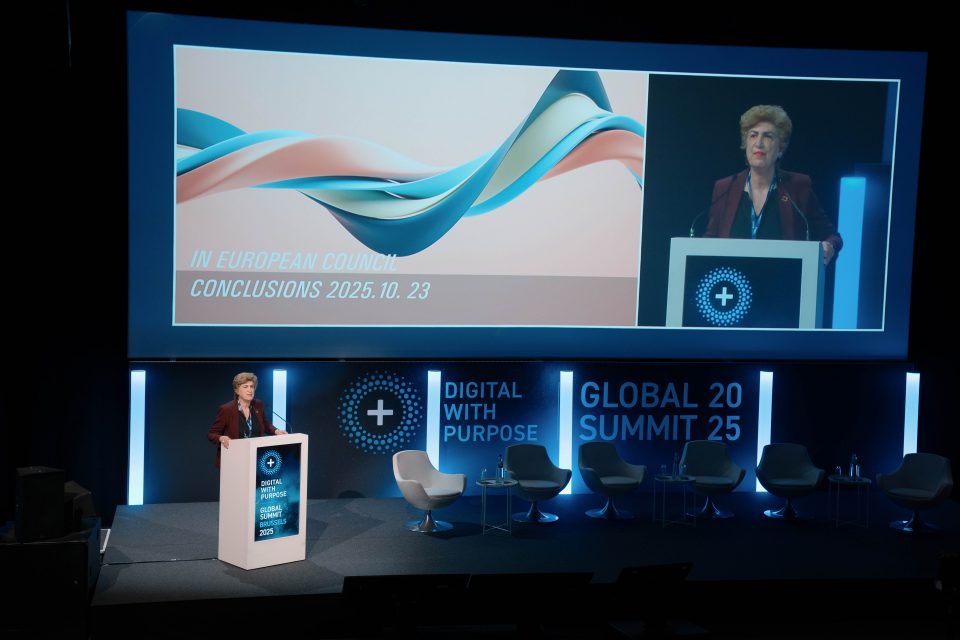In this new era of digital information, abundance in data and information generated by machines and humans, Dino Pedreschi, Professor of computer science at the University of Pisa, considers that it is imperative to better understand the complexity of society and of the planet we live in, through these new powerful means that can be so interesting but also extremely challenging and full of noise. “We are not looking anymore to algorithms machines in isolation. We look at complex systems of people interacting with machines, that create new forms of influence that go well beyond the typical influence that humans have on humans.” This new form of societal complexity, built from different needs at an individual and societal scale, requires scientific means and political tools to research and understand it.
The pioneering scientist in data science and artificial intelligence believes, in an individual scale, the data available today should be used to build a shared common view of the world and “find ways for the union of the person and the machine to be better than the person or the machine alone”. In other words, find a meaningful way to impower our common abilities. However, Professor Dino Pedreschi argues that most of the Artificial Intelligence models created today do not fulfil the abovementioned purpose. “AI is being created with a selfish attitude, which is to make the individual more intelligent”. When it is scaled up to a societal scale, unexpected new risks arise due to its collective impact. The common good of a society as a whole needs to be safeguard, because “a society full of individually intelligent people is not necessarily an intelligent society”.
That is why “regulation is absolutely necessary”. Based on his experience, Professor Pedreschi defends a risk-based regulatory policy that supervises the application of these new services based on technology because with big technological platforms, “there are a lot of promises of voluntary collaboration with zero results”. The European Union is becoming a pioneer in it with the Digital Services Act package and the now likely approval of the AI Act. “We cannot be shy, we need to be clear and set barriers to these new wave of generative AI technologies.”
Nevertheless, the co-founder of SoBigData, a European Research Infrastructure, highlighted that these new technologies can and are having a good impact on our society, with their multiple applications in health, education, and other common goods. It is only important to make it inclusive rather than divisive, in order to reconcile the individual and societal dimensions of these technologies of information. The right balance between conformism and diversity will allow them to achieve a better performance for all. As a last piece of advice, Professor Dino Pedreschi instigated a change in the narrative surrounding AI. “We will not solve all the problems with AI, but we can make it part of the solution and not the problem.” To do so, AI needs to become more environmentally sustainable and have a stronger social dimension.
Reimagine Information is the seventh episode of chapter of the ReImagine TALKS, a series of video podcasts launched by Re-Imagine Europa together with leading media partners and featuring some of the most innovative, influential, and original thinkers of our time, challenging conventional thinking and reimagining the concept with an unexpected and contemporary lens. The series is hosted by Erika Staël von Holstein and Luca de Biase, RIE’s Chief Executive and Research Director, respectively. The first episodes delved on Reimagine Capitalism with Professor Rebecca Henderson, Reimagine Power with Professor Manuel Castells, Reimagine Trust with the Internet pioneer Lisa Gansky, Reimagine Ethics with Professor Jeroen van den Hoven, Reimagine Narratives with Professor Marcin Napiórkowski, and Reimagine Taxation with Rita de la Feria.
You can watch and/or download the series at:

![]()
![]()







